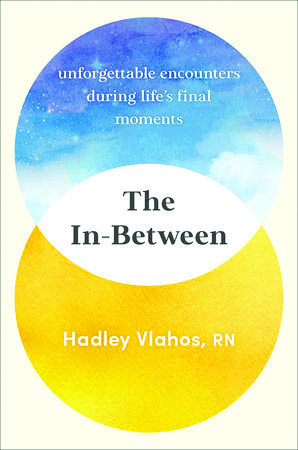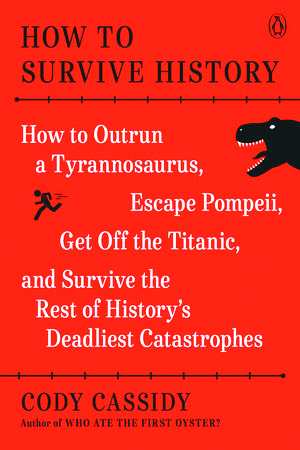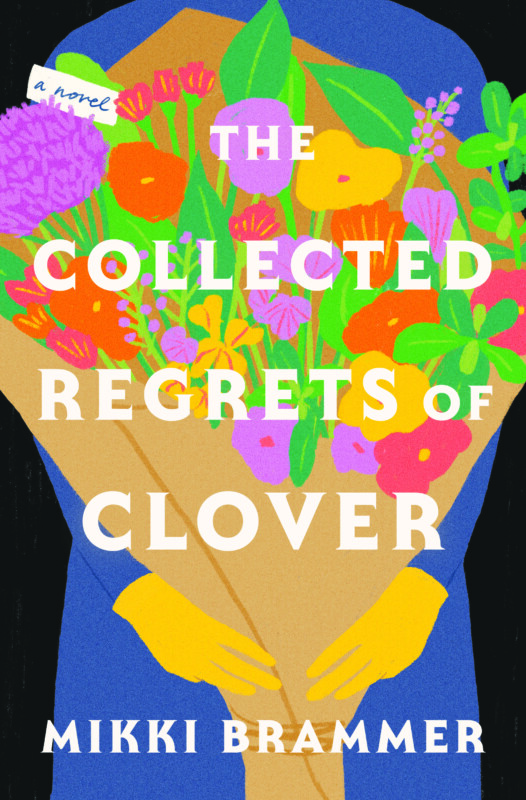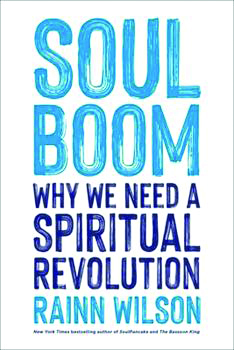The In-Between, by Hadley Vlahos (Ballantine, 259 pages)
For much of the past 50 years, most Americans died in a hospital. That was a change from the first part of the 20th century, when most people died at home. Since 2017, more people are dying at home again, in large part because of the expansion of hospice care.
Hospice provides in-home support for a dying person and their caregivers, administering pain medication to the patient and providing other services. A new memoir from a hospice nurse provides a surprisingly upbeat look into hospice care and what people can expect at the end of life.
Hadley Vlahos was a single mom in her early 20s when she became a registered nurse, and then began working in hospice. She looked so young that families sometimes mistook her for a nurse’s assistant (and in one funny case, a stripper), but her youthfulness was also an asset, as when a dying man decided his new purpose in life was teaching this young woman everything she didn’t know about sports and current events.
But the main thing that Vlahos learned from her patients is that there is a liminal state between being alive and being dead, a state she calls “the in-between.” Her memoir is built around a series of stories about what past patients experienced during this time, from seemingly interacting with long-dead relatives to having a premonition about a future event.
She tells these stories matter-of-factly; there is no mysticism or religious proselytizing in the book; in fact, Vlahos was raised in a religious home, but turned away from her childhood faith after the death of a friend. And she doesn’t speculate on anything that happens after she pronounces the time of death of the patient aloud (which is part of her job). She is simply relating the “in-between” experiences of dying people, to which her work makes her a witness. And those experiences are, put simply, rather riveting.
There was, for example, Carl, a bed-ridden patient whom one day Vllahos found walking around his house with a flashlight, looking under furniture and behind curtains. When asked what he was doing, he said that he was playing hide-and-seek with Anna, his 2-year-old daughter who had drowned decades before. Vlahos, who had been trained to “meet patients where they are,” accepted this calmly.
“But where was Carl?” she wondered. “It seemed as if he was in two places at once. Physically, he was in the room with Mary and me; emotionally and mentally, he seemed very much to be somewhere else, with Anna.” Carl also said to Vlahos that he’d had a conversation with his mother. He seemed otherwise rational and consented to go back to bed.
Consulting with a physician, Vlahos learned it wasn’t unusual for dying people to have a spurt of physical energy, similar to the flash of cognition called terminal lucidity that sometimes occurs shortly before death. The phenomenon that caused Carl to get out of bed is called “the surge” by medical professionals, and it often fools family members into thinking their loved one is recovering, when actually it’s a sign that they will likely die within a few days. And indeed, Carl went downhill the next day.
This is the sort of practical information that is useful for any family considering hospice, especially since so many of us have been far removed from the physical processes of death as it was relegated to hospitals and nursing homes. But the book is also surprisingly hopeful, given that it involves the last day of the terminally ill, some of whom are dying in what should have been their prime.
There is, for example, the story of Elizabeth, a 40-year-old woman who is dying of lung cancer despite having never smoked and having no family history, and Reggie, the 58-year-old who is dying from advanced liver disease brought on by alcoholism. (Reggie’s story has additional poignancy from the reaction of his devoted dog to his death.) Elizabeth is a beautiful woman who had clearly been athletic before she got sick; in one of her conversations with Vlahos, she tells her that she regrets she had spent so much of her life working on a treadmill and confides that she avoided being with friends on her birthday because she didn’t want to eat cake. “I wish I’d just eaten the damn cake,” Elizabeth said.
Vlahos, who has struggled with disordered eating because of something her father said in her childhood, takes Elizabeth’s advice to heart. In fact it is because of the wisdom that so many of these patients impart in their final day that she sincerely enjoys her work, despite the reaction she gets from others when they learn what she does. (That revulsion clearly doesn’t carry over to the general public; she has more than a million followers on TikTok and Instagram, where she goes by NurseHadley.)
The work takes Vlahos everywhere from elegant homes in beach communities to a homeless camp, and she interperses the stories of her patients with the timeline of her own life — growing up with a father who appears to have been emotionally abusive, having a child out of wedlock at age 20, finding love with a physical therapist and navigating the terminal illness of her new mother-in-law.
While her writing is best described as workmanlike — there are no soaring passages of prose — the book is memorable for the stories and the remarkable pattern of dying people reporting conversations with loved ones (who sometimes tell them — accurately, as it turns out — when they are going to pass). These experiences take place whether people are religious or staunch atheists. These are usually people on morphine, of course, and the experiences can easily be written off hallucinations or delusions caused by the medicine or the body gradually shutting down. And most of us know of the dying experiences of people who didn’t experience anything quite so dreamy.
While Vlahos (very carefully) does seem to eventually side with those who believe in an afterlife, she clearly is open to anything as an explanation for what she has witnessed. “I don’t think we can explain everything that happens here on Earth, much less after we physically leave our bodies,” she writes. The observations of the living can neither predict or confirm the experience of the dead, but this memoir offers hope that dying may not be as terrifying as many people think — at least not with hospice care. B






